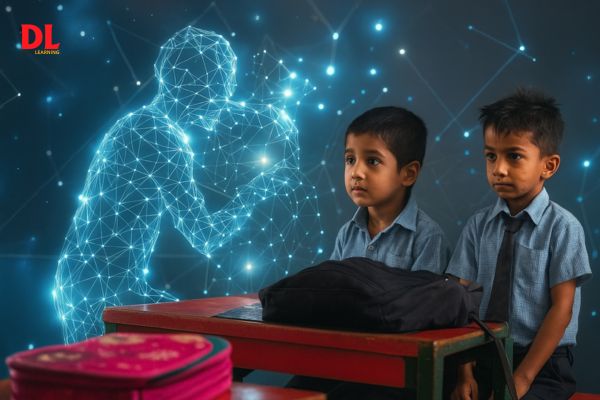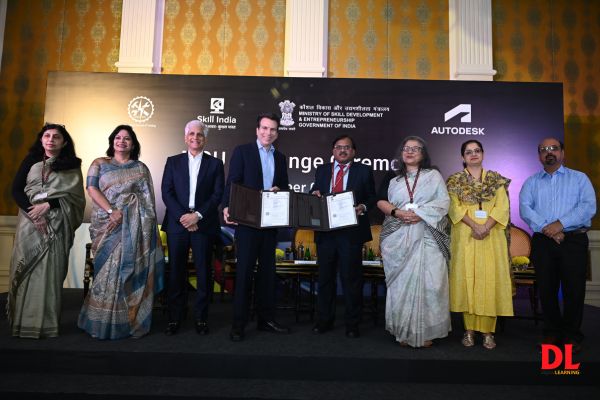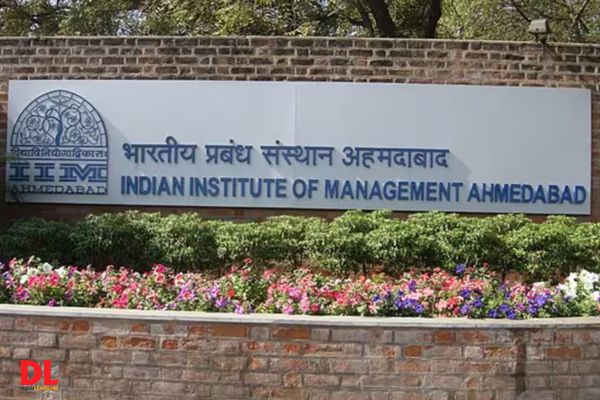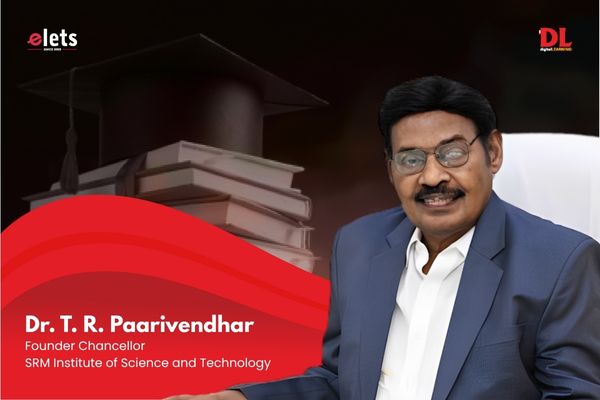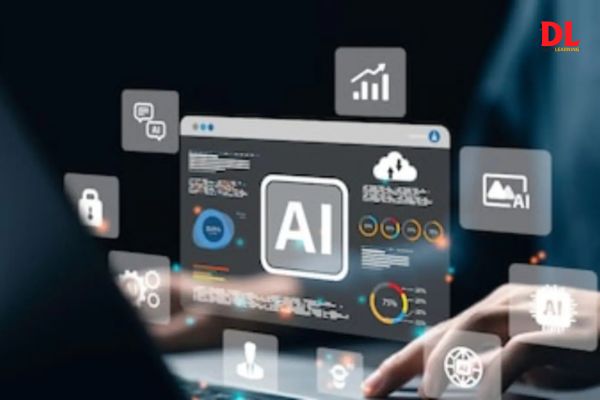In the rapidly transforming landscape of higher education, institutions are challenged not only to impart knowledge but also to nurture the skills, values, and adaptability essential for success in a complex, interconnected world. Nestled in Modinagar, Ghaziabad, in the heart of the Delhi–NCR region, the SRM Institute of Science & Technology (SRM IST) – NCR Campus exemplifies how visionary leadership, academic rigor, and technological innovation can merge to create a vibrant hub for learning.
Since its inception in 1997, SRM NCR Campus has built a reputation for balancing the wisdom of academic tradition with the agility to embrace cutting-edge change. The result is a university environment where the chalkboard coexists with the smartboard, where robust research meets entrepreneurial spirit, and where students are groomed not just to enter the workforce but to lead it.
An Oasis of Learning in the NCR
The SRM NCR Campus occupies 27 acres of meticulously landscaped grounds, offering both physical beauty and functional excellence. It is a setting that inspires intellectual focus and personal well-being—a rare combination in today’s urban educational environments.
The academic buildings are Wi-Fi-enabled and air-conditioned, ensuring comfort and connectivity for every lecture and discussion. Classrooms are designed to be interactive spaces, promoting collaboration between faculty and students. Beyond these, the campus houses a network of specialised laboratories, each equipped with the tools and technologies relevant to its discipline—from advanced computing clusters to electronics testing benches, biotechnology workstations, and environmental analysis setups.
The Central Library stands as a beacon of knowledge, holding more than 50,000 books along with access to an extensive suite of e-journals, databases, and multimedia resources. Students can seamlessly shift between the tactile satisfaction of printed volumes and the vast reach of digital repositories, embodying SRM’s philosophy of blending tradition with technology.
Recreational life is equally important at SRM NCR. The campus provides separate hostels for male and female students, modern dining facilities, fully equipped gyms, and dedicated indoor games rooms. The AC auditorium, with seating for 1,000, serves as a venue for academic conferences, cultural events, theatrical performances, and high-profile guest lectures. Outdoors, expansive sports grounds accommodate cricket, football, basketball, volleyball, and athletics, ensuring that physical fitness remains a priority alongside academic pursuits.
Digital Pedagogy: Empowering the Learner
In today’s educational paradigm, learning is no longer confined to textbooks or classroom walls. SRM NCR Campus has embraced ICT-enabled pedagogy, ensuring that students are as adept in navigating digital tools as they are in mastering subject matter.
Blended learning is central to SRM’s approach—traditional lectures are supplemented with online modules, interactive simulations, and multimedia presentations. The use of smartboards, lecture capture systems, and cloud-based collaboration platforms empowers both synchronous and asynchronous learning. Students have access to virtual labs, allowing them to simulate experiments, test hypotheses, and build prototypes in a risk-free environment before translating their skills into real-world contexts.
Seminar halls across the campus are equipped for video conferencing, enabling participation in global webinars, industry panels, and cross-campus collaborations. These technologies make it possible for students to learn from international experts without leaving the campus, expanding their perspectives and aspirations.
Research Excellence: From Curiosity to Impact
While teaching builds the foundation, research is what propels a university into the realm of innovation and societal contribution. At SRM NCR, research is not confined to faculty, it is an inclusive culture where students are active contributors, often publishing alongside their professors and presenting at national and international forums.
The campus focuses on emerging and high-impact domains, including:
- Quantum Technologies: Exploring secure communication, quantum computing algorithms, and sensor technologies.
- Nanoscience & Advanced Materials: Investigating nanostructures for applications in medicine, energy storage, and electronics.
- Bioengineering: Innovating in tissue engineering, drug delivery systems, and bio-instrumentation.
- Environmental Sciences: Addressing climate change, sustainable energy solutions, and waste management systems.
- Embedded Systems & IoT: Developing intelligent systems for automation, healthcare, and industry applications.
These research areas are supported by robust institutional policies on Intellectual Property Rights (IPR), ethical research conduct, plagiarism prevention, and consultancy. The Office of Research and Development facilitates grant acquisition, interdisciplinary collaboration, and partnerships with industry and government bodies, ensuring that innovations have pathways to practical implementation.
Industry Interface: Bridging Education and Employability
SRM NCR’s relationship with industry is both deep and strategic. The Career Development Centre (CDC) functions year-round to align academic programs with market needs, design training modules, and establish recruitment pipelines.
Each year, over 1,200 recruiters engage with SRM graduates, representing sectors as diverse as information technology, manufacturing, consultancy, banking, healthcare, and start-ups. Notable recruiters include Amazon, TCS, Infosys, Wipro, Cognizant, Capgemini, Deloitte, and HCL.
Placement outcomes are consistently impressive, with recent highlights including:
- ₹29 LPA offer from Amazon for a software development role.
- ₹22 LPA offers in technology consulting.
- Thousands of students are placed annually across varied profiles.
The CDC also coordinates internship programs, industry visits, and professional certification courses. These experiences not only build technical proficiency but also sharpen soft skills, leadership qualities, and adaptability, traits that employers value as much as academic credentials.
Global Reach, Global Mindset
In a world without borders, SRM NCR ensures that its students think and act globally. Collaborations with institutions in the USA, UK, Switzerland, Korea, and New Zealand provide opportunities for:
- Semester-abroad programs that immerse students in different academic cultures.
- Joint research initiatives tackling issues of global significance.
- Exchange of faculty and students, enriching the classroom with diverse perspectives.
International faculty regularly visit the campus to deliver lectures, mentor projects, and share insights from global industry trends. This exposure helps SRM graduates develop cultural intelligence, a critical skill for leadership in multinational environments.
Student Life: Beyond the Curriculum
A hallmark of SRM NCR’s philosophy is the understanding that learning extends beyond academics. Co-curricular and extracurricular activities are woven into the fabric of student life.
- Clubs and Societies: From coding clubs and robotics teams to literary circles and cultural troupes, students have ample avenues to explore their interests.
- Entrepreneurship Support: The campus hosts incubation facilities and mentorship programs for aspiring start-ups, linking them with investors and accelerators.
- Community Engagement: Students participate in outreach programs, sustainability projects, and social campaigns, reinforcing the values of empathy and civic responsibility.
The annual cultural fest is a celebration of creativity, talent, and camaraderie, drawing participants from institutions across the region. Similarly, technical festivals showcase student innovation through hackathons, prototype exhibitions, and competitive challenges.
Also Read: Marching Ahead in the World of Education
Values and Vision: Leading into the Future
The leadership at SRM NCR is guided by a vision to produce holistic professionals, individuals who combine intellectual excellence with ethical grounding, innovative thinking, and a commitment to societal well-being.
Future development plans include:
- Expanding research infrastructure with specialised centres of excellence.
- Introducing new interdisciplinary programs aligned with Industry 4.0 needs.
- Enhancing sustainability initiatives on campus, from renewable energy adoption to water conservation systems.
By integrating academic rigour, digital empowerment, research innovation, and personal growth, SRM NCR Campus continues to prepare graduates who can not only navigate the challenges of the 21st-century economy but also shape its direction.
A Launchpad for Tomorrow
The SRM Institute of Science & Technology – NCR Campus is not just another node in the vast network of Indian higher education. It is a launchpad, where potential meets opportunity, where ambition is nurtured into achievement, and where students learn not just to face the future but to shape it.
“At SRM NCR, we don’t just prepare students for jobs, we prepare them for journeys.”
For students seeking an education that combines academic rigour, technological prowess, global exposure, and personal growth, SRM NCR offers a rare promise: Here, the future is not simply taught, it is built.
Views expressed by Dr. T. R. Paarivendhar, Founder Chancellor, SRM Institute of Science and Technology








